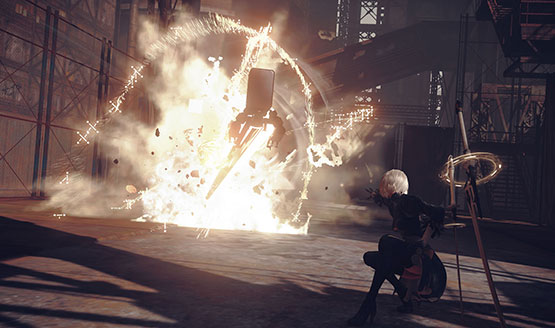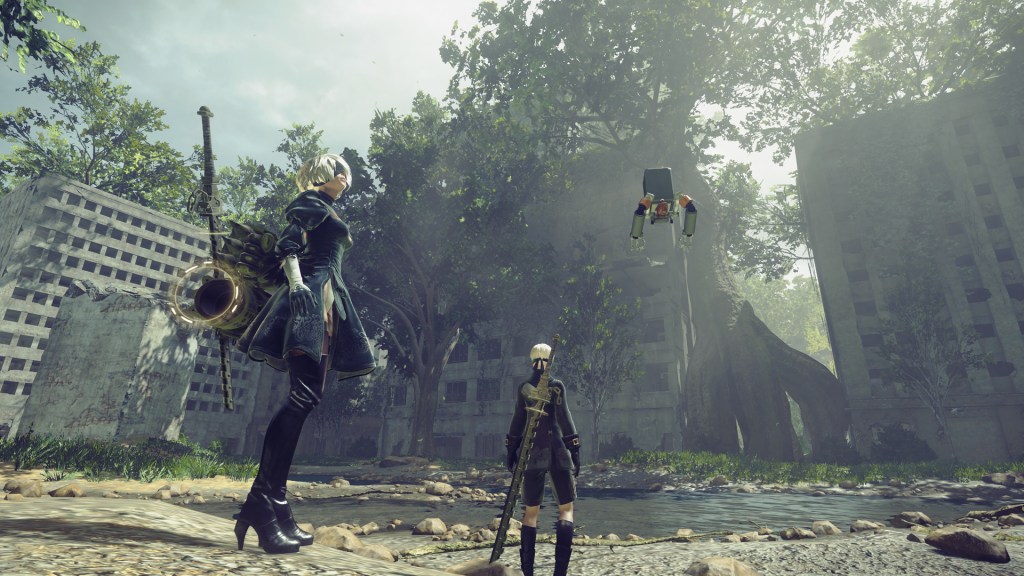For a small studio, PlatinumGames is certainly taking on a large number of projects. Despite having a load of announced projects already in the pipeline, the Japanese developer has even more cards up its sleeve. Studio head Atushi Inaba has said that, in addition to currently-announced projects, Platinum has two unannounced projects in the works, based on original IP that the studio owns itself. Platinum is also making moves towards self-publishing its titles, which would be a major change from how it operated in the past.
Platinum had become known for making games based off of high-profile IP, from television shows to other video game properties. When it did venture into working on original properties, it was with third-party publishers, meaning Platinum didn’t fully own the rights to those games. Having full control does give Platinum more freedom when it comes to creative direction, and especially when it comes to developing sequels.
“For us as creators, we want to get to the point where self-publishing allows us to own our IP and do what we want with it, including making sequels. So the faster we can have that freedom, the better if will be for all the creators here,” Inaba explained.
Of course, there’s more questions about these games than answers. What systems these games could eventually show up on is one of them. With PlatinumGames having a history with practically every platform, they could conceivably show up anywhere. We also have no indication of a timeframe for these games, or even what stage of development they’re in. Platinum is certainly has a full slate, with at least two games from the studio set to release in 2019. There’s the Nintendo-published Astral Chain, as well as Babylon’s Fall from Square Enix. The studio recently announced it was stepping away from Granblue Fantasy: Relink, which is now being developed completely by Cygames.
Despite making a move towards greater freedom, Inaba insists the studio is still open to partnering up with third parties. He explained it as, “what it means is we have a lot of different choices in the way that we want to make games.”
[Source: Video Games Chronicle]
Nier: Automata Review
-
Nier: Automata Review #1
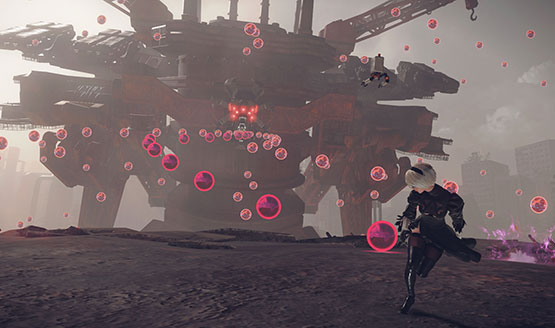
-
Nier: Automata Review #2
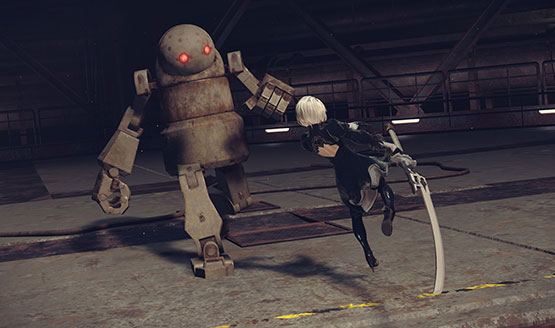
-
Nier: Automata Review #3
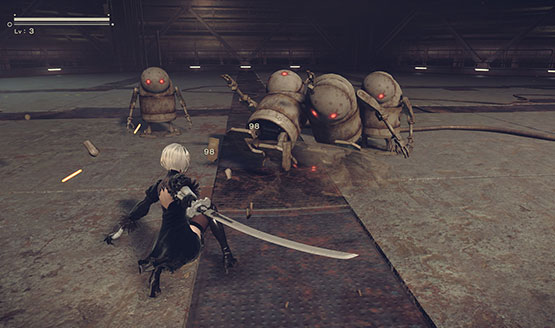
-
Nier: Automata Review #4
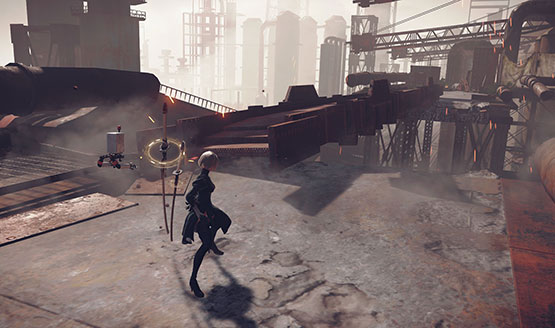
-
Nier: Automata Review #5
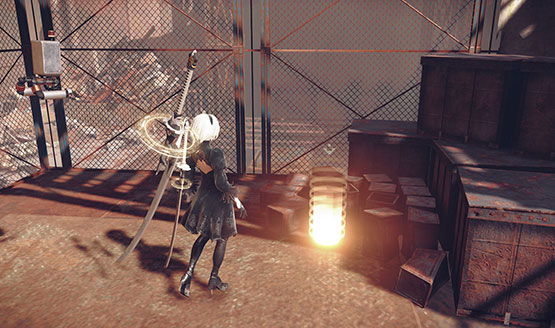
-
Nier: Automata Review #6
